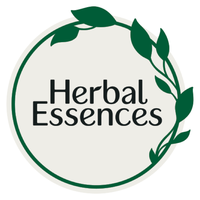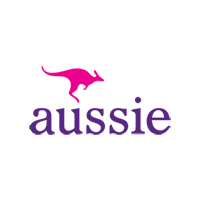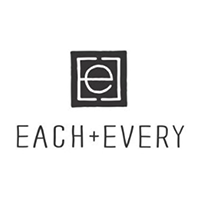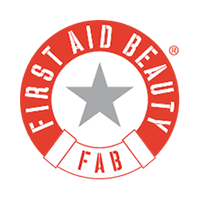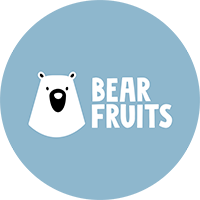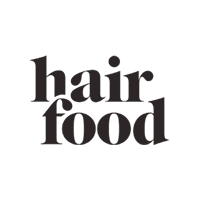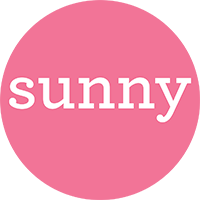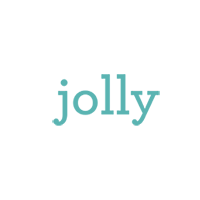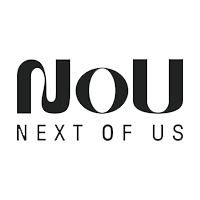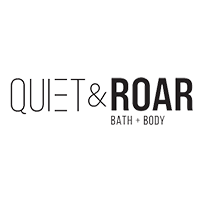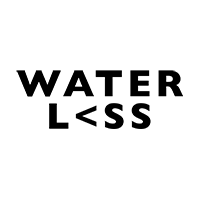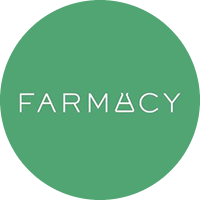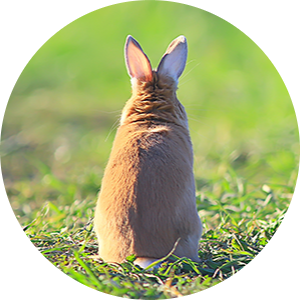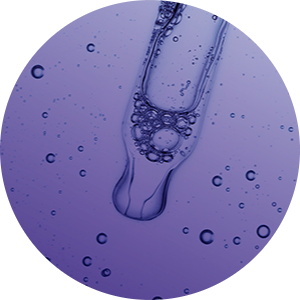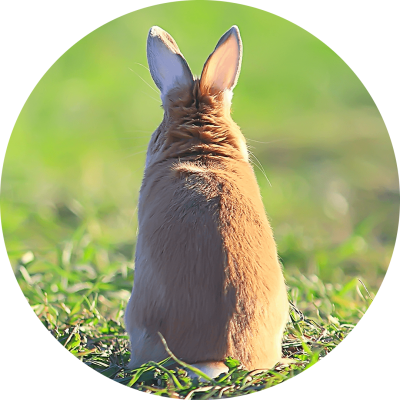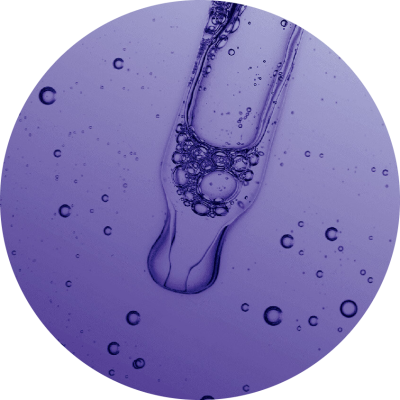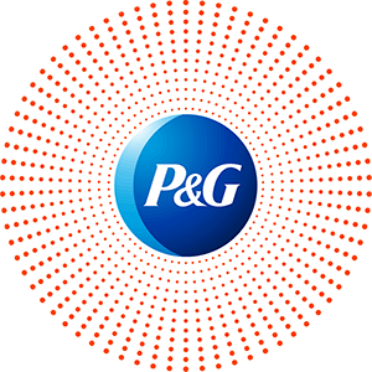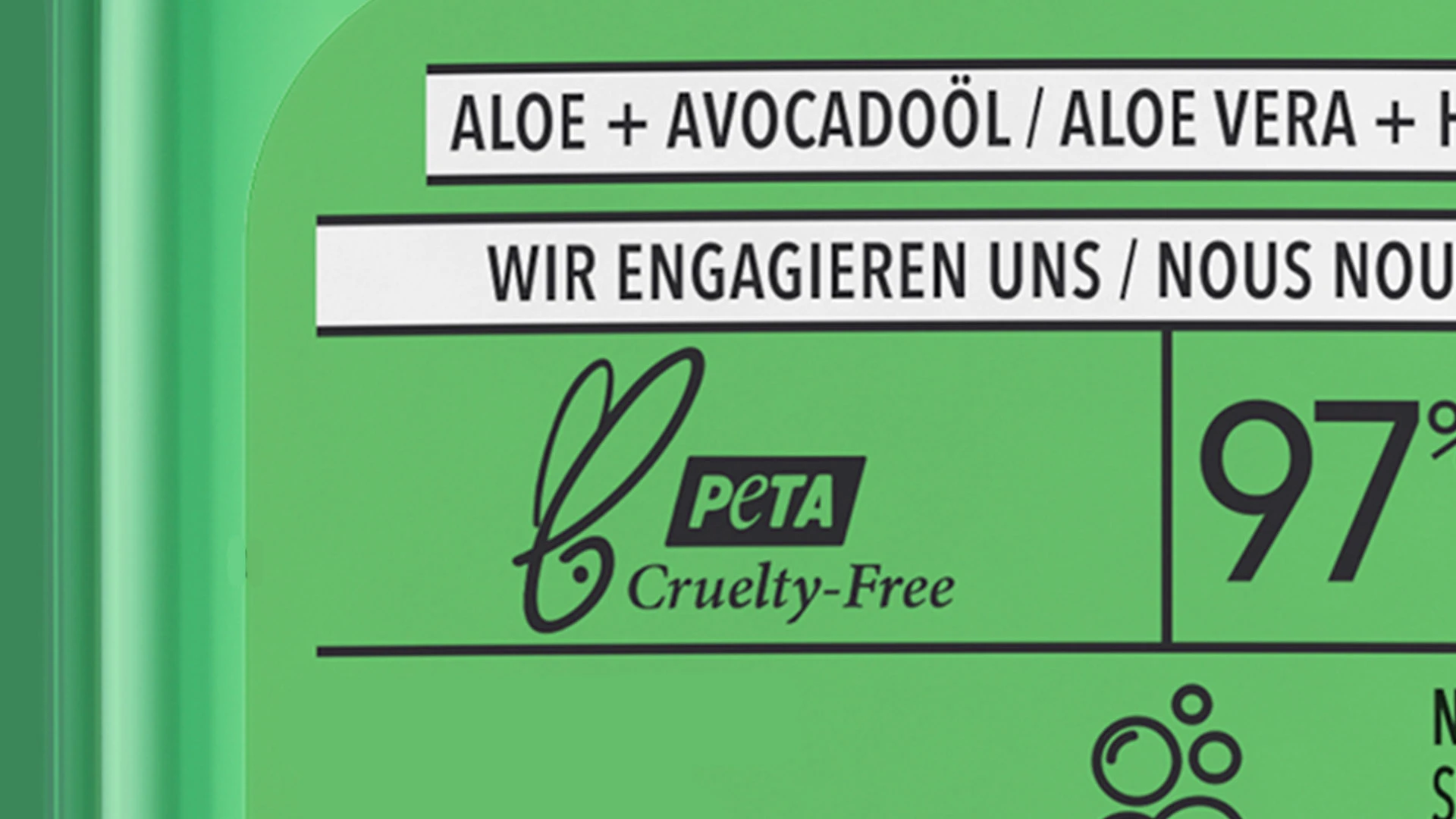
P&G Animal Welfare Achievements.
Because of our efforts in advancing animal alternatives we have a growing number of brands officially accredited as “Cruelty Free” by the People for the Ethical Treatment of Animals, PETA. In fact, P&G no longer animal tests any consumer product unless required by law and we are committed to making animal testing obsolete.
Awards for P&G Scientists advancing non-animal alternatives
Leading P&G scientists were recognized by 3rd parties and leading animal welfare groups for breakthrough innovation.
See these links for more information on this breakthrough skin allergy testing method:
Frank Gerberick receives award advancing alternatives
Learn more about our non-animal alternatives science at:
A History of Animal Welfare Achievements.
Our journey to eliminate animal testing started more than 40 years ago. To date, we have spent over $480 million in partnerships and progress.
2023
P&G once again will sponsor the World Congress on Animal Alternatives. The 12th World Congress will take place in Niagara Falls, Canada. P&G has sponsored and contributed to all 12 World Congresses on Animal Alternatives, including the first one 1993.
2021
P&G was top sponsor of the 11th World Congress on Animal Alternatives. It took place in Maastricht, NL.
2019
P&G becomes official partner of #BeCrueltyFree.
P&G’s first global brand, Herbal Essences, earns PETA Cruelty Free credential, followed by Aussie later in the year.
2017
P&G is Platinum Sponsor of the World Congress on Animal Alternatives in Seattle.
2015
P&G winning prestigious Lush Prize for the DPRA.
2014
P&G sponsored the 9th World Congress on Alternatives and Animal use in Life Science in Prague. P&G has sponsored each World Congress on Animal Alternatives.
P&G develops first alternative, non-animal method for skin allergy testing (Direct Peptide Reactivity Assay, DPRA).
2013
P&G’s DPRA (Direct Peptide Reactivity Assay) a ground-breaking alternative skin allergy test was finally officially approved and recommended by a key regulatory authority.
2012
The official validation study of the DPRA (Direct Peptide Reactivity Assay) was successfully published.
2011
P&G sponsored the 8th World Congress on Animal Alternatives in Montreal, Canada.
2009
P&G presented 22 research papers on animal alternatives and animal welfare topics at the 7th World Congress on Animal Alternatives in Rome, Italy. The DPRA (Direct Peptide Reactivity Assay) was submitted for official validation studies.
2007
The website AltTox.org was launched through a collaboration with P&G and HSUS. The website is dedicated to advancing non-animal methods of toxicity testing.
2005
The HSUS and P&G announced a strategic partnership to work together to eliminate testing involving animals for consumer product safety.
P&G provided funding for a senior P&G scientist to work directly with ECVAM to foster the validation of alternative methods, and to advocate for their acceptance by regulatory agencies.
2003
Iams established an independent animal care advisory board to provide expert advice on animal care standards in nutritional feeding studies.
2002
The HSUS presented its Humane Award to P&G in recognition of the company’s efforts to make the world a better place for animals.
1999
P&G ended the use of animals in safety testing for its consumer products except when non-animal research alternatives are not available. The HSUS presented its prestigious Russell and Burch Award to a P&G Research Director in recognition of her work and leadership in advancing alternatives research.
1998
P&G testified before the U.S. Congress to support legislation to accelerate the acceptance of alternative tests.
1997
P&G joined other organizations, including the Humane Society of the United States (HSUS), in helping fund the launch of Altweb, a website resource on alternatives research and validation activities.
1993
P&G was a sponsor of the first World Congress on Alternatives held in Baltimore, Maryland.
1992
Johns Hopkins Center for Alternatives to Animal Testing recognized P&G for “outstanding contributions in finding alternatives” in product development and safety evaluations.
1991
P&G testified before the U.S. Congress to support legislation to promote alternatives research and to establish criteria for regulatory acceptance of alternatives.
1990
P&G helped fund the first International Conference on Validation. P&G also joined the National Institute of Health and Animal Rights International, cosponsoring research on sharing data for product testing.
1989
P&G established a program to award research grants to develop animal testing alternatives.
1980s
P&G recruited scientists and invested in state-of-the-art laboratories to build a research organization dedicated to reducing and eliminating the use of animals in research.
1970s
P&G was one of the first companies to put safety testing data into a computer database, helping to avoid duplicate testing.
